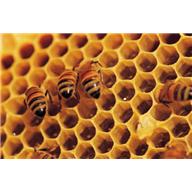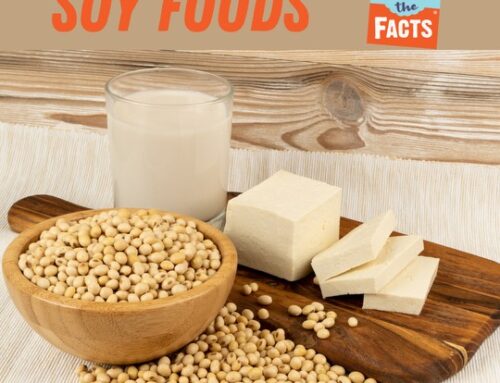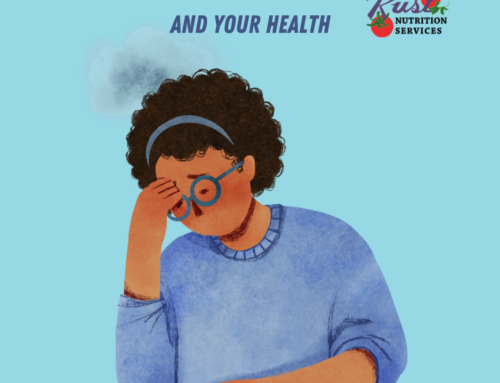While I was at the Experimental Biology conference earlier this week, I had the chance to have some great scientific conversations about a hot topic: sugars. One interesting conversation was with a student. She firmly believed that because honey contained “some nutrients”, it would be a superior choice of sweetener, over food sweetened with sugar or high fructose corn syrup. She passionately argued, “You can’t tell me that you’d choose corn syrup over the honey? Honey provides nutrients!”
I told her that honey mostly supplies sugar to our body. While the student couldn’t list the nutrients in honey when queried, the astonished look on her face clearly gave me the idea that she was certain I was out of my mind for not recommending honey as THE sweetener because it contained “other nutrients”. I explained that the trace nutrients in honey are not significant. I would never recommend honey as a good source of any vitamin or mineral for example, since it’s primarily sugar (a simple carbohydrate).
Honey Nutrition Facts
I really like honey. It has a unique flavor and is wonderful in tea. I often use it to make salad dressings or marinades when I want to add a touch of sweetness. But I don’t recommend it as a good source of calcium or B vitamins. According to the USDA 1 tablespoon of honey provides about 64 calories as 17 grams of carbohydrate (sugar) and only provides 1 milligram of calcium (there are about 350-400 in an 8-ounce glass of milk), 0.1 milligrams of Vitamin C (there are about 60 milligrams in 6 ounces of orange juice or a cup of strawberries), and 0.017 milligrams of niacin (there are about 18 milligrams in a serving of chicken). So, do you see my point?
Another notion is that honey is “more natural” and less processed than other sweeteners. Processed food may include food that has been cooked, canned, frozen, packaged or changed in nutritional composition (with fortifying, preserving or preparing in a different way). Any time you cook, bake or prepare a food, you’re processing it. Overall you should choose less processed food, but that doesn’t mean all processed food is unhealthy.

Man VS Bees
So, what’s “processing” mean when it comes to honey? While made by bees, and not humans, honey results from bee regurgitation. There is “processing” involved which must occur to get honey from the bee’s mouth, to his stomach, (ahem, “ew!” you may say, but oh so sweet) and finally to the jar. Essentially, this involves processing by nature to manufacture, but in a different way compared to other caloric sweeteners.
The bees are running the honey production and processing (and man only steps in to empty the honeycombs, strain, and get it into a jar or squeeze bottle fit for human consumption). Bees get nectar from plants then store the nectar in their special “honey stomach”. When they fly back to the hive, the nectar is transferred to another worker bee, via mouth-to-mouth. The workers then treats the nectar with his own enzymes and transfers the watery nectar to the combs. There, it makes its final conversion to a more viscous liquid over time (mostly via evaporation). The bees also hasten the evaporation process by fanning the combs with their wings.
Sugar is Still Sugar
No matter what your preference, the end result of all of these processes, sugar is sugar. Whether by man or bee, whether honey, table sugar (sucrose), or high fructose corn syrup – it’s a mixture of fructose and glucose. Read labels, and consume less of it.




